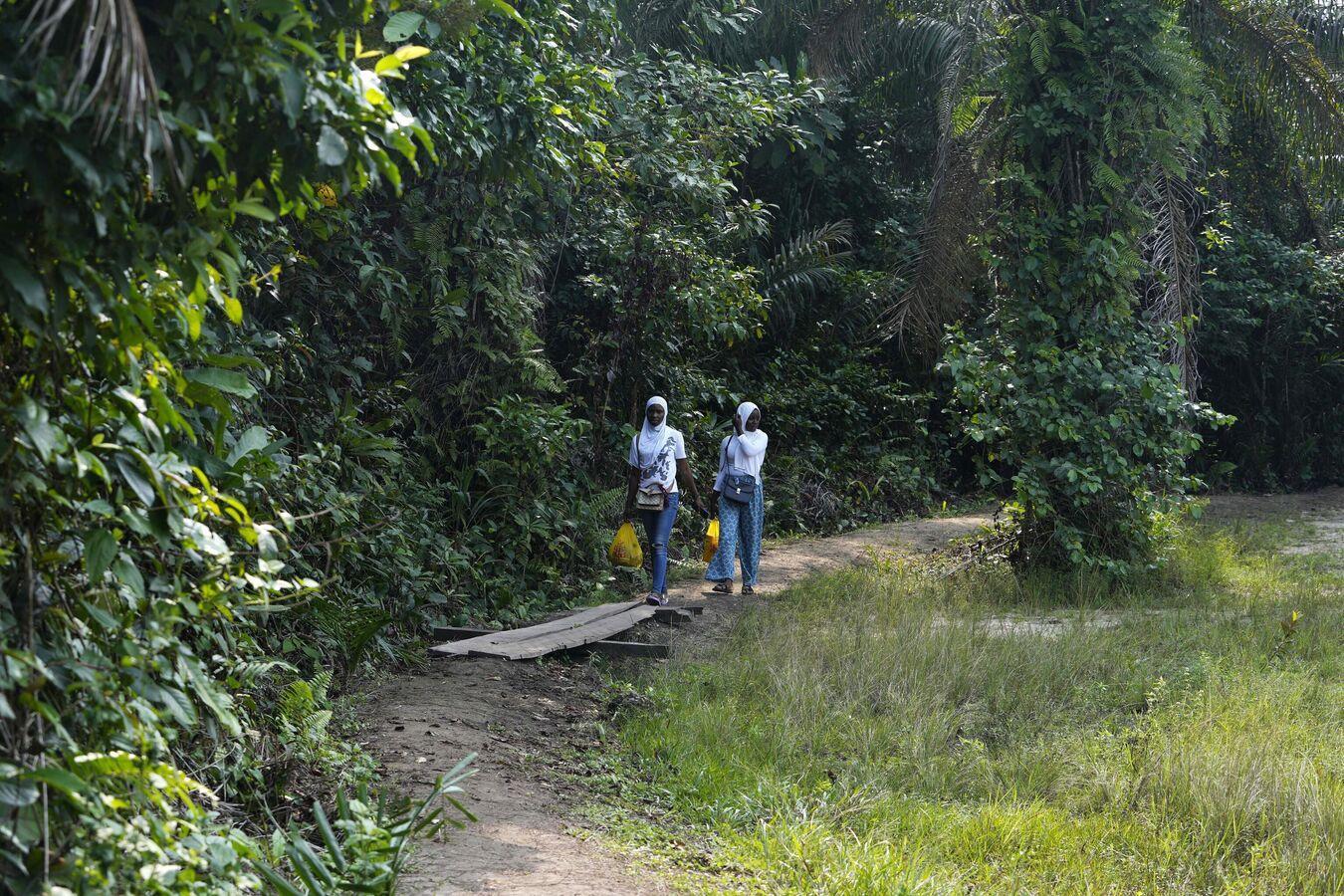Africa-Press – South-Africa. The world celebrates International Day of Forests on March 21, proclaimed by the UN General Assembly in 2012 in a bid to raise global awareness and understanding of the importance of forests. The day is a reminder for everyone that by conserving and sustainably using forests they can protect the planet and themselves.
Western corporations contributed plenty to the environmental crises seen in many African states by clearing spaces for their activities and cutting down forests, subsequently emitting greenhouse gases, says Baraka Lenga, a grassroots organizer at GreenFaith International in Tanzania, in an interview with Sputnik.
“I would like to say that they [Western companies] have done a lot to cause environmental crisis and there are times when enough is enough. They should stop this for the sake of the generation and of the next generation,” he stresses.
On International Forest Day, the ecoactivist, who works at Tanzania’s chapter of the international environmental organization, highlights that it’s time for large energy and fossil fuels corporations to stop exploiting natural resources of Africa.
According to Lenga, western companies “have done much in deforesting” by organizing exports of forestry-related materials such as timber, clearing forest systems for oil exploration and refining. To support his view, he gives examples of Sudan and Nigeria, where not only forests were cut down, but also the environment was damaged with some areas becoming uninhabitable.
Lenga, as an employee at GreenFaith, organizes and participates in campaigns against climate change, challenging these companies to stop investing in fossil fuels and put an end to the continued deforestation.
As for any support the West offers to mitigate environmental damage, he believes that it is not enough in terms of preserving the continent’s forests. In particular, he mentions the $100 billion per year pledged for the continent to fight climate change in Africa and preserve its biodiversity which failed to reach Africa.
“We have not seen that money and even the little that comes to Africa doesn’t reach and doesn’t do what it’s supposed to do. You find the money in the hands of corrupt leaders,” he elaborates.
Lenga states that the international community could help Africa to save its deteriorating forest systems by promoting international treaties in the sphere of forest preservation and recreation. These kinds of agreements and strategies must be created at international, regional and then national levels, he underscores.
According to Lenga, there must be a reporting mechanism that will ensure the successful implementation of environmental commitments. He underlines that the reasons for failures of many green iniatives in Africa lie in the organizational process as there was no accountability to a senior body.
Talking about what African nations themselves can do to preserve forests, he states that the governments, as well as other stakeholders, including non-governmental organizations and environmental activists, should “conduct awareness raising in the issues pertaining to forestry, to trees.”
“The question is: are we going to rightly suffer as a result of trees being cut down? So by doing that, I think this will give our community the confidence to defend the forest and the trees,” Lenga explains.
The ecoactivist underlines that it is necessary to raise global awareness by explaining to people how vital forests are for the planet. Cutting down trees, he states, exposes people to various crises and troubles, and this is something everyone shoud be aware of.
As sometimes locals are involved in illegal logging, there must be strict laws and regulations governing the protection of forests to prevent these activities.
While speaking to Sputnik, the ecoactivist uses the opportunity to deliver his message for people across the globe.
“My message is that forests are our allies in fighting environmental problems. So let us preserve, let us protect the existing forests and plants more,” he says.
For More News And Analysis About South-Africa Follow Africa-Press






